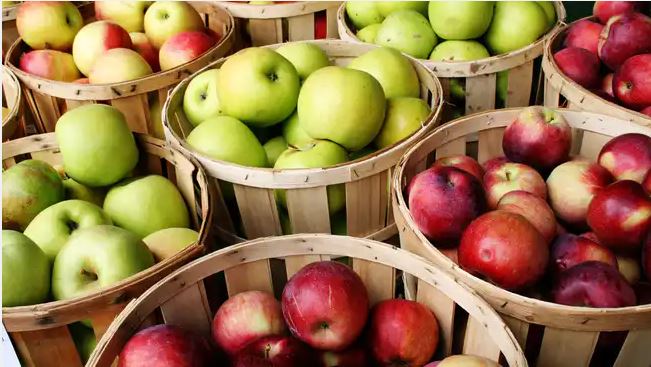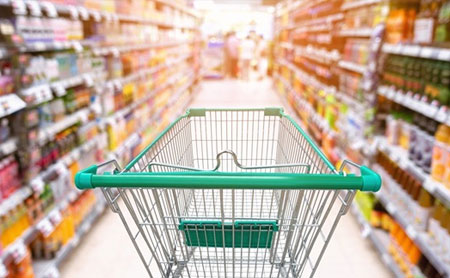FoodForward SA, South Africa’s not-for-profit food redistribution organisation, said the escalating number of poor people will drastically increase the number of vulnerable people needing access to food.
JOHANNESBURG - FoodForward SA, South Africa’s not-for-profit food redistribution organisation, said the escalating number of poor people will drastically increase the number of vulnerable people needing access to food.
Statistics South Africa data showed that the number of unemployed persons in South Africa had increased to 7.1 million in the first three months of the year, and projections were that the economic impact of the Covid-19 pandemic was going to leave about 50 percent of the population at risk of being food insecure.
FoodForward SA managing director Andy du Plessis said in a statement late last week that “the path to recovery will undoubtedly be long and hard, as we brace for tough times ahead.”
He said that what was done in the next 12 – 24 months, as a country, was crucial to rebuild what was eroded by the Zuma presidency and then decimated by Covid-19.
“Children up to 6 years of age are the most vulnerable, and will be worst affected by the lack of food. After the age of 6, because of stunting, you cannot reverse the damage caused by this malnutrition-related disease. South Africa already has one of the highest stunting rates in the world,” said Du Plessis.
He said it was too soon to accurately assess the full impact of the lockdown and containment measures associated with Covid-19, but “one thing, however, is clear – millions of people will experience severe hardship for years to come if progress to recovery stalls.”
He said all tiers of government needed to urgently restructure to become more effective, while policies needed to be implemented for job creation, economic growth and adequate social protection.
Non-profit organisations, which were struggling through the Covid-19 crisis from loss of income, cost cuts, and increased need for their services, needed to receive greater support, also from the private sector.
He said the food system also needed to be restructured more efficiently, such as for instance, food companies making sure that they donate surplus food to non-government organisations, which has become law in some countries like France and Italy.
He said a report released in June 2020 by Epic Africa (The Impact of Covid-19 on Civil Society Organisations) had painted a bleak picture for organisations that were invariably the only lifeline for millions of destitute people across South Africa.
“While we do receive good quality edible surplus food from donor partners, it’s only a drop in the ocean when compared with the estimated volume of surplus food circulating throughout the food system, annually,” he said.
The National Food Crisis Forum (NFCF) last week released a national mapping survey of various food relief networks. The largest proportion of respondents with a food relief effort was in the Western Cape, with 80 initiatives recorded.
Next was Gauteng, with 49, and the Eastern Cape with the third-highest, at 36. The remaining 41 were spread over KwaZulu-Natal, Limpopo, Mpumalanga, and the Free State. There were no responses recorded in the North West and the Northern Cape.
“While hunger continues to worsen, civil society and non-governmental organisations have stepped up in attempts to fill the vacuum in food relief left by the government. Government-issued grants and food parcels have not been as helpful as expected, and these processes have been marred by corruption, uneven implementation and exclusionary distribution practices,” the NFCF said in its survey.
“It is paramount to focus on long-term, sustainable solutions to food insecurity and food sovereignty to mitigate the hunger crisis in South Africa,” the NFCF said in their survey.
Article Source:





